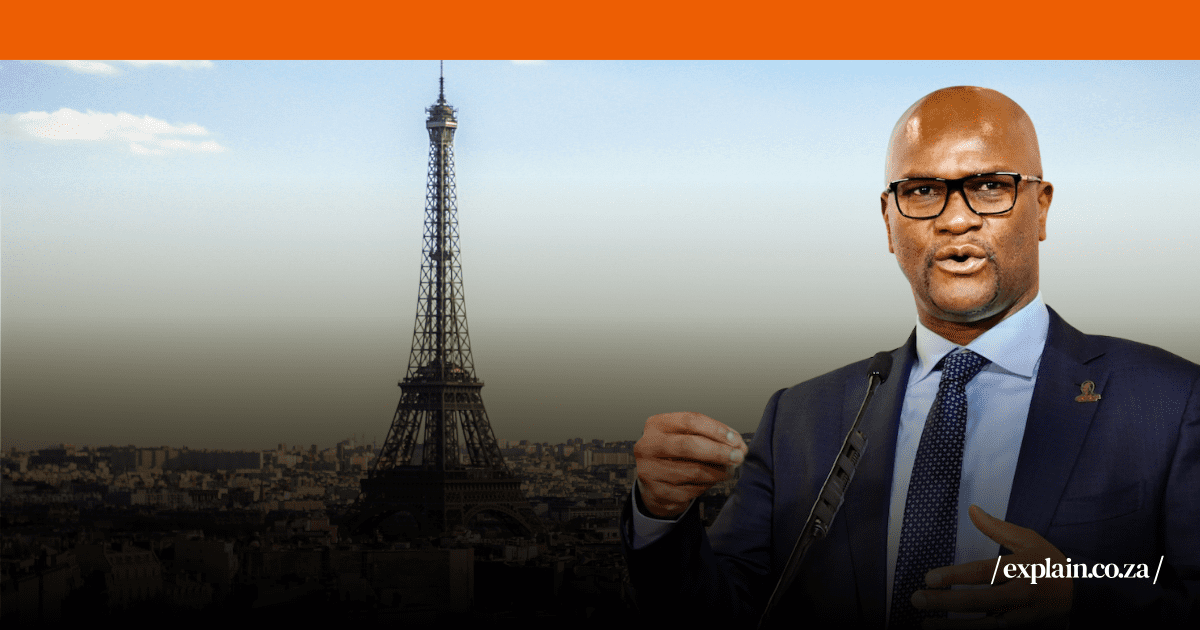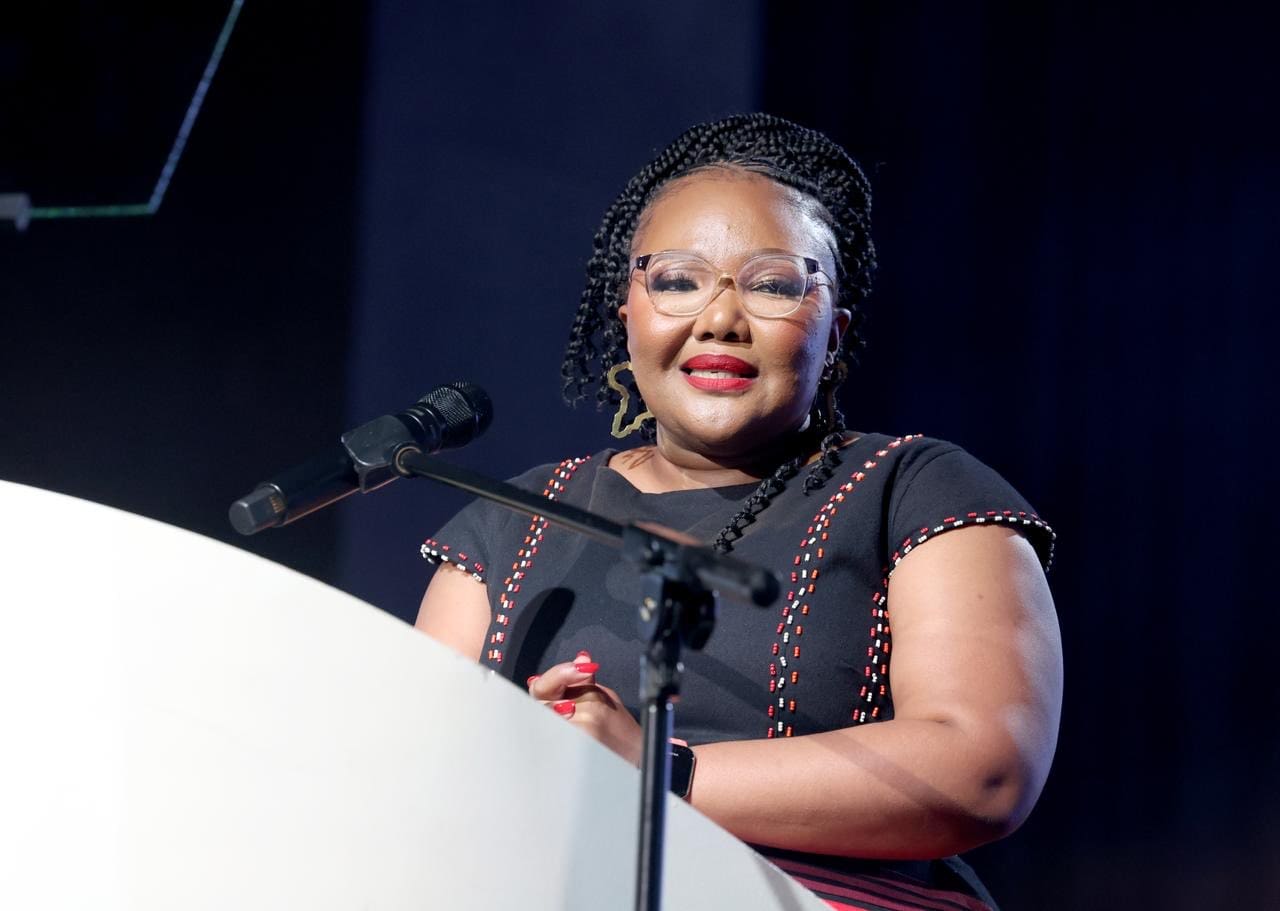Hi there 🙋🏾♀️
Did you miss us? We’ve missed you too. But don’t fret, your favourite weekly dose of news that makes sense is back.
This week, serious news out of Paris, where former arts and culture minister and ambassador Nathi Mthethwa died suddenly. We unpack what we know so far.
In the Eastern Cape, EFF leader Julius Malema suffered another legal blow. And in Gauteng, the Special Investigating Unit uncovered massive corruption. The good news? Authorities are clawing some of it back.
The rand has been doing surprisingly well, and Mzansi is smashing records with a Springbok win and some Emmy nominations.
Abroad, US President Donald Trump is trying to broker peace in Gaza (yes, really), while a former DRC president has been sentenced to death for war crimes.
In celeb land, one iconic couple has called it quits, while another made it official with a wedding. Plus, a Japanese city is restricting screen time, and the world mourns the death of legendary primatologist Jane Goodall.
So, let’s dive into these stories and more in this week’s wrap, brought to you by Verashni Pillay and the explain.co.za team. 😄
Format:
🔊 Voice note by Verashni
📰 Newsletter with pics
▁ ▂ ▄ ▅ ▆ ▇ █ BRIEFS

NATIONAL
1. Julius Malema faces up to 15 years in jail, after being found guilty over shots he fired at an EFF event in 2018. The East London Magistrate’s Court rejected claims that the weapon was a “toy gun”, noting video of Malema firing into a crowd of 20,000. The case, brought by AfriForum, adds to Malema’s legal woes after a recent hate speech conviction. Malema has vowed to legally challenge the ruling. He’s out on bail, with pre-sentencing due in January.
2. The Special Investigating Unit (SIU) revealed on Monday that R2 billion was stolen from the Tembisa Hospital. The money was funnelled through three syndicates, with help from junior staffers. SIU boss Andy Mothibi said a deep dive into more than 2,200 procurement files exposed a hot mess of fraud and maladministration. Now, the unit and the National Prosecuting Authority’s Asset Forfeiture Unit are going after the crooks’ assets, aiming to claw back some of that money: Good news for accountability.
3. The rand hit its strongest level against the US dollar in over a year yesterday, around R17.18/$. The 2.5% gain is thanks to weak US jobs data, with private-sector employment unexpectedly shrinking in the US. This has sparked talk of Federal Reserve rate cuts, making SA assets more attractive for their higher returns. Meanwhile, the rand has weakened 3.6% against the euro since the start of the year and strengthened only 0.4% against the pound.
4. The Springboks were in fine form when they walloped Argentina 67-30 on Saturday in Durban. Star of the show, Bok fly-half Sacha Feinberg-Mngomezulu, scored a record 37 points. The match also included a bizarre moment when Cheslin Kolbe drop-kicked the ball instead of passing, resulting in a try by Argentinian Santiago Chocobares. Oops. Still, the Boks are now the only team to have won two consecutive Championship matches and will play Argentina again in London on Saturday.
5. SA made history with four nominations at the International Emmy Awards, the most of any African country! Announced last week, all four are MultiChoice shows: Boks doccie Chasing the Sun 2; Koek; Catch Me a Killer; and School Ties, about abused students who were silenced. The winners will be announced in New York on 24 November. Meanwhile, The Heart is a Muscle, a Cape Town-set film, is our official Oscar entry. It’s already scooped awards at Berlin and Silwerskerm Film Festivals.
INTERNATIONAL
1. Trump on Monday unveiled a controversial 20-point plan to end Israel’s deadly war on Gaza. Backed by Israeli PM Benjamin Netanyahu, it calls for an immediate ceasefire, hostage releases within 72 hours, Gaza’s demilitarisation, no Hamas role in governance, and a transitional authority chaired by Trump until a reformed Palestinian Authority (PA) takes over. Hamas has “three or four days” to respond, with Trump warning of “severe consequences” if they refuse. The PA welcomed the plan, but critics called it biased.
2. Joseph Kabila, DRC President from 2001 to 2019, was sentenced to death in absentia on Tuesday. He was accused of plotting to overthrow the government by backing Rwanda-linked M23 rebels in February. A military court in Kinshasa found Kabila guilty of treason, war crimes, and crimes against humanity, ordering him to pay USD $50bn in damages. Kabila’s whereabouts are unknown, and he was neither present nor represented at trial. His party says it’s political; current President Félix Tshisekedi says it’s justice.
3. One celeb couple ends, another begins. After 19 years, actor Nicole Kidman and singer Keith Urban have reportedly called it quits. Kidman, who apparently fought to save the marriage, filed for divorce, citing irreconcilable differences, according to the BBC. But love’s alive elsewhere. Pop star Selena Gomez and producer Benny Blanco tied the knot in a star-studded Santa Barbara wedding on Saturday. Gomez wore a custom Ralph Lauren gown, joined by guests like Taylor Swift and Steve Martin.
4. The Japanese city of Toyoake has introduced a rule limiting screen time to two hours per day outside of work and school. The goal? More family time and better sleep, says Mayor Masafumi Kouki. It’s not enforceable, but Japan’s strong rule-following culture may prompt people to take it seriously, albeit reluctantly, if resident responses are anything to go by. Some are complaining of overreach, but Kouki said he’s looking to prompt a long-overdue discussion in Japanese society.
5. Tributes are pouring in after famed primatologist and animal rights activist Dame Jane Goodall passed away on Wednesday in California. Goodall was the world’s foremost expert on chimpanzees and was one of the first people to document tool use by chimps in the 1960s in Gombe, Tanzania. She’s being remembered as a “tireless advocate” for the natural world. In 2022, toymaker Mattel revealed a Jane Goodall Barbie made of 99% recycled plastic. RIP to one of nature’s fiercest defenders.
▁ ▂ ▄ ▅ ▆ ▇ █ BIG STORIES
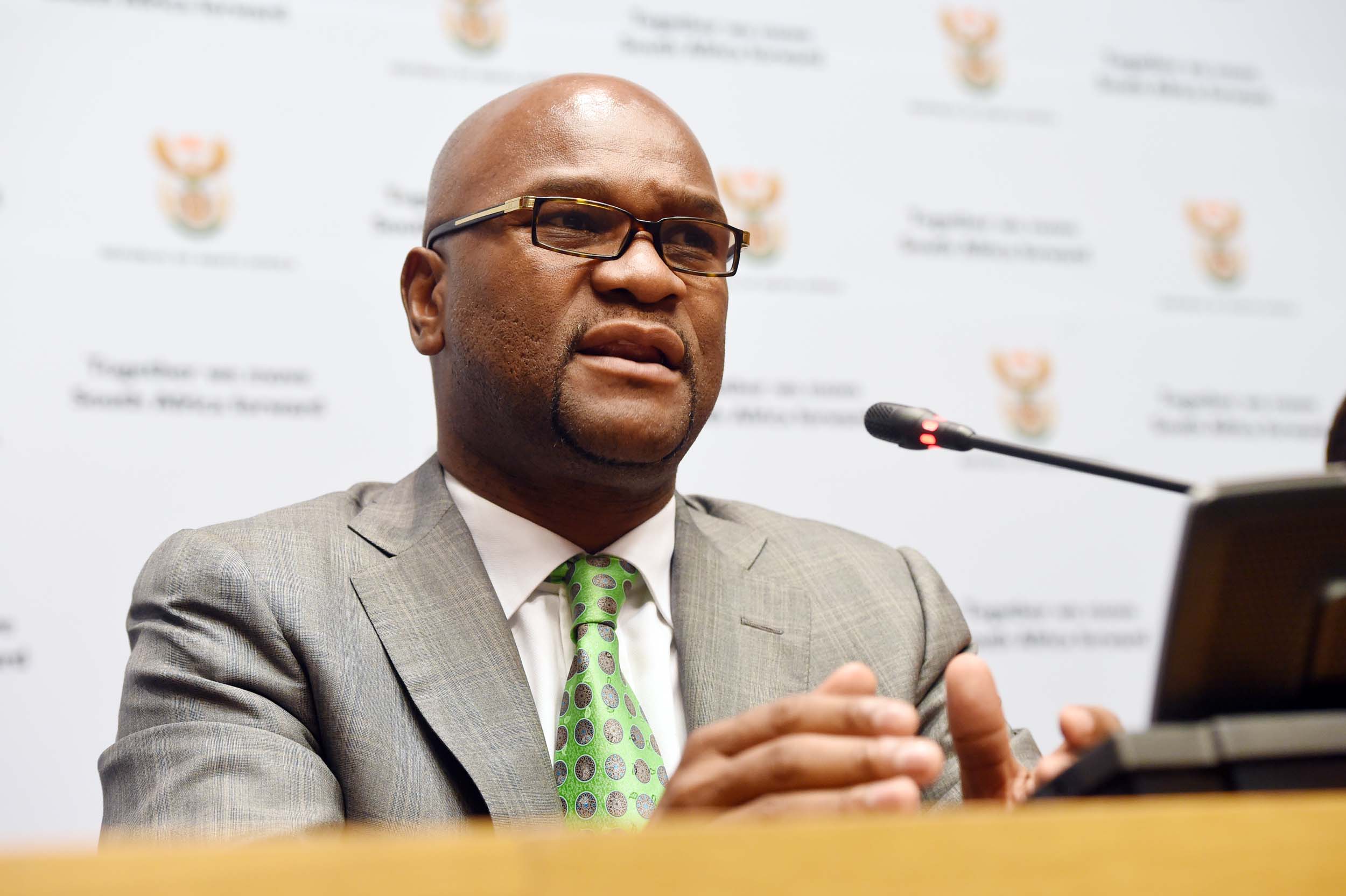
1️⃣ SA ambassador Nathi Mthethwa found dead in Paris from suspected death by suicide
In news that has shocked the nation, SA’s ambassador to France, Nathi Mthethwa, was found dead in Paris on Tuesday. He was 58.
French investigators say the former cabinet minister’s body was discovered in the courtyard of the Hyatt Regency Paris Étoile hotel, where he’d been staying on the 22nd floor.
On Monday, Mthethwa’s wife reported him missing after receiving a troubling message where he apologised and hinted at ending his life. A note addressed to her was found in his room.
Police investigators claim the hotel window had been forced open with scissors, but there were no signs of drugs, a struggle, or third-party involvement. Prosecutors are leaning toward death by suicide, though the Paris judicial police are still piecing together details.
An ANC stalwart, Mthethwa was arrested in 1989 for his anti-apartheid activities. Post-1994, he rose through the ranks, serving as police minister (2009–2014), arts and culture minister (2014–2019), and later sports, arts and culture minister until 2023. In December 2023, he was appointed ambassador to France and UNESCO delegate, tasked with deepening SA’s international ties.
But Mthethwa’s sudden death raises serious questions—not just about what happened in Paris, but about unresolved issues back home.
His career was marred by controversy, notably the 2012 Marikana massacre, where police killed 34 striking miners under his watch as police minister, sparking calls for his resignation.
In 2022, as sports, arts, and culture minister, he championed the R22-million “monumental flag” project, pitched as a “nation-building symbol”. The plan, which included a 100-meter flagpole, drew massive backlash for its extravagance in a country grappling with unemployment, inequality, and hunger. The public outcry was so intense that President Ramaphosa stepped in, scrapping the project entirely, with Mthethwa conceding it had become “divisive” rather than unifying (it was a R22-million flag after all).
More recently, the Madlanga Commission, probing corruption in SA’s justice system, heard testimony accusing him of shielding ex-crime intelligence boss Richard Mdluli from prosecution while police minister.
He was expected to testify soon, fuelling online speculation about possible foul play. French prosecutors, however, insist no such evidence has been found.
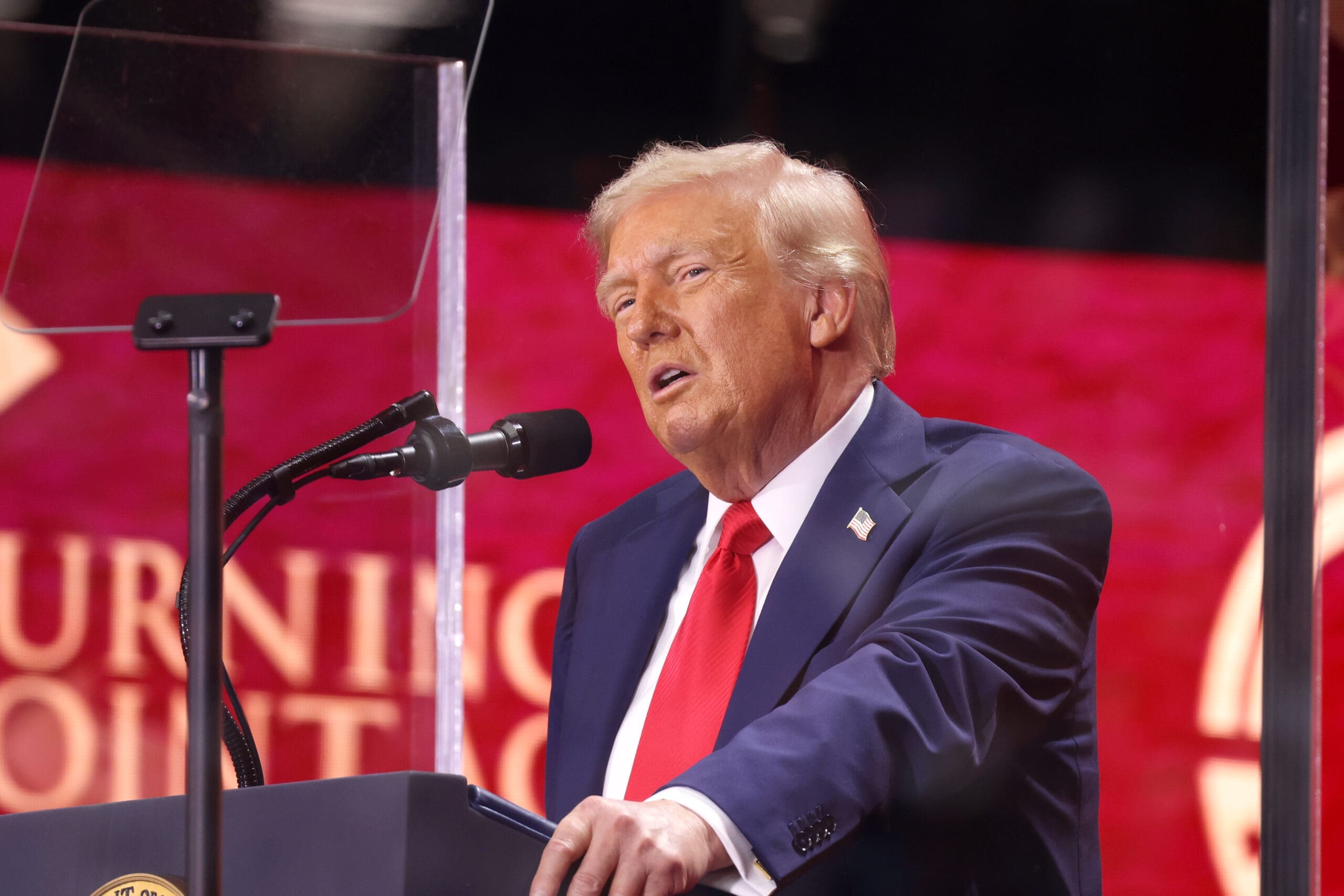
2️⃣ US Government Shutdown: Why it’s happening and what makes it different
America has hit pause on parts of its government, after Congress and the White House failed to agree on a funding bill by the 30 September deadline.
So, what’s actually going on?
First off, why does the US government shut down at all? It boils down to how America funds its operations. Unlike many countries, where budgets roll over automatically, the US system forces lawmakers to pass fresh spending bills each year.
If they don’t, “non-essential” services grind to a halt. That means national parks shut, food inspections stall, and hundreds of thousands of federal workers are sent home without pay (though they usually get reimbursed later). “Essential” functions, like border security, military operations and Social Security, carry on.
This latest row is over a short-term funding extension.
Right now, Republicans, controlling Congress and the White House, want a “clean” extension to November – a temporary bill (called a continuing resolution) that keeps last year’s funding levels until 21 November, about seven weeks, with no extra policy changes. It’s meant to be simple: keep the government open, negotiate the big budget later.
Democrats, though, won’t sign on unless the bill includes extending Affordable Care Act subsidies (helping millions afford health insurance, expiring soon) and reverses Trump’s recent Medicaid cuts for low-income folks.
These shutdowns aren’t new. Since 1980, there’ve been 10 other shutdowns. Ronald Reagan had eight in the 1980s, mostly brief. Bill Clinton faced a 21-day one in 1995-96 over welfare reforms. Barack Obama’s 2013 shutdown lasted 16 days, sparked by Republican attempts to block Obamacare. Trump’s first term saw three, including a record 35-day standoff in 2018-19 over border wall funding, costing the economy $11 billion. The US’s divided government setup, without automatic budget approval like in many countries, makes these clashes regular.
This time’s different, though. Trump’s team isn’t trying to end the shutdown; they’re leaning in, threatening to use it to permanently cut “non-essential” jobs, with a recent memo ordering agencies to prep for mass firings, unlike past temporary furloughs.
Democrats are also digging in. But with Senate rules requiring 60 votes to pass most bills, Democrats can stall, but don’t have the numbers to set the agenda.
How long could it last? Nobody knows. Some shutdowns have been resolved in days, others in weeks. But, as with so much in Trump’s administration, things are starting to take a dark turn.
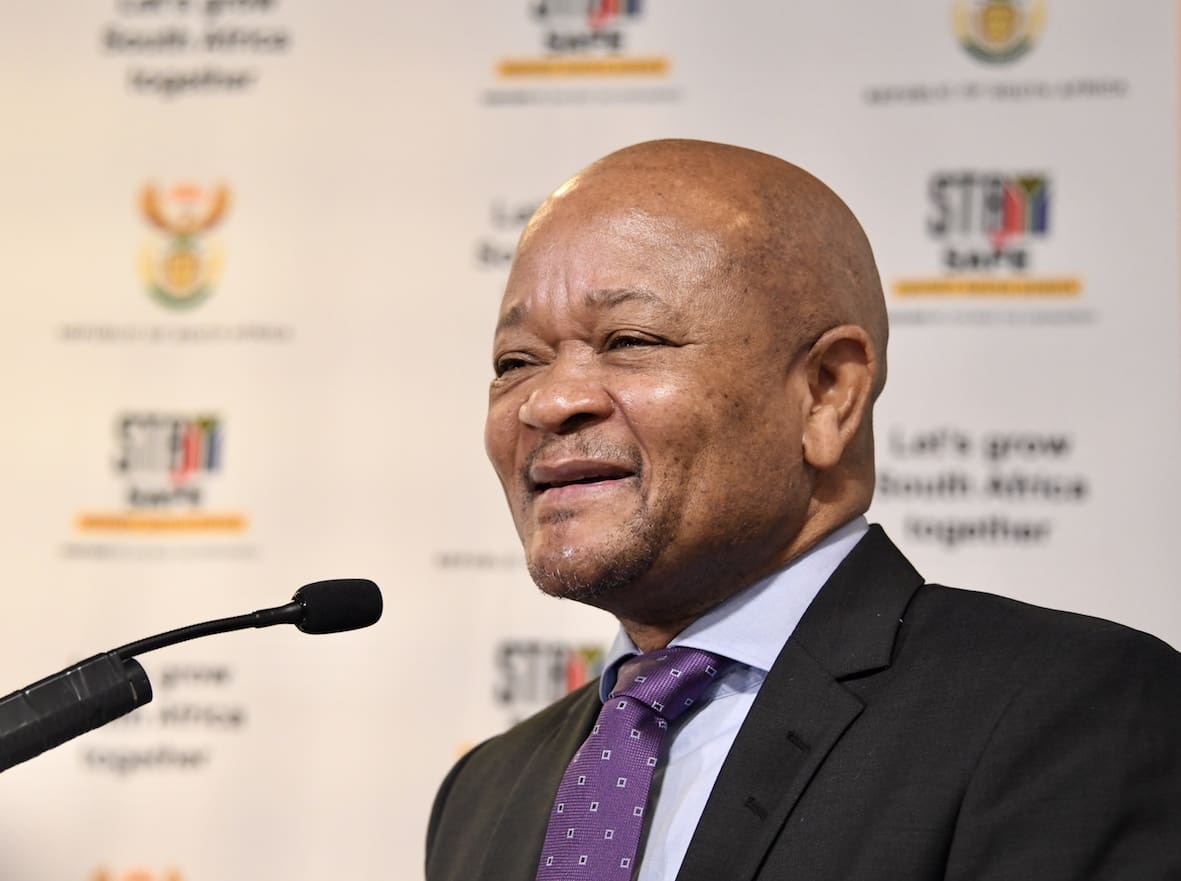
3️⃣ South Africa’s justice system on trial: What’s happening in the Madlanga Commission?
The Madlanga Commission has dominated the news since it kicked off on 17 September to investigate claims that crime syndicates, corrupt officials, and politicians have infiltrated the very justice system meant to stop them.
If you’ve had trouble keeping up (we don’t blame you), here’s who’s testified so far, and what they had to say:
🔹Lt-General Nhlanhla Mkhwanazi (KZN Police Commissioner): 17 – 19 September
As the whistle-blower who sparked the inquiry, Mkhwanazi was the commission’s first witness. He:
- Repeated his claims that the Political Killings Task Team (PKTT’s) work was systematically undermined, alleging Minister Senzo Mchunu instructed the disbanding of the PKTT, crippling one of the only units making headway on political killings.
- Described manipulation of dockets and deliberate suppression of investigations.
- Provided supporting evidence, including WhatsApp chats and financial records showing leaks, sabotage and protection of cartels.
🔹General Fannie Masemola (National Police Commissioner): 22 – 23 September
- Admitted Mchunu’s order to shut down the PKTT was unconstitutional— but said he followed it anyway.
- Claimed he first heard of the disbandment via WhatsApp while on leave (not exactly proper channels).
- Linked Deputy Commissioner Shadrack Sibiya to underworld figures, suggesting senior leadership may have been compromised.
- Linked the recent arrest of Crime Intelligence head Dumisani Khumalo (on fraud charges) to efforts to undermine anti-corruption work, suggesting retaliation.
🔹Lt-General Dumisani Khumalo (Head of Crime Intelligence, SAPS): 29 September – 1 October
Fresh off his June arrest on fraud and corruption charges, related to the alleged irregular appointments and misuse of vetting funds, Khumalo remains suspended. Before his testimony was cut short when he fell ill, he:
- Revealed that he, Mkhwanazi, and Masemola were forced out of acting leadership roles in 2012 while trying to reform Crime Intelligence, suggesting a plot to protect corrupt interests.
- Implied his June arrest was retaliation for challenging the status quo, echoing 2012’s purges.
- Vowed to expose syndicate infiltration by drug cartels into police, judiciary, and business, making reference to ongoing Gauteng counterintelligence operations probing these networks.
- Promised more revelations about syndicate infiltration, but not all will be public: he’s applied to share sensitive info in private to protect sources and operations.
Meanwhile, the commission’s original evidence leader, Advocate Terry Motau, stepped down less than two weeks in, confirming in an interview yesterday with News24 it was over concerns over the lack of allocations for the commission’s budget. He was replaced by Advocate Matthew Chaskalson.
If the commission’s concluding recommendations are actually implemented, it could help rebuild trust. But with a R147m budget and a history of ignored findings, it’s still too early to say.
Read the full explainer here.
That’s it from us at The Wrap, an award-winning product of explain.co.za – simple news summaries for busy people. 💁🏾♀
The Wrap is sponsored by explain’s agency division. We specialise in content marketing for purpose-driven organisations, often with a pan-African reach. Mail info@explain.co.za for a quote.
🇸🇺🇧🇸🇨🇷🇮🇧🇪
Remember to share the love. 💫
Tell your friends to sign up:
📩 Email: http://explain.co.za/subscribe
📲 Our new WhatsApp channel: https://whatsapp.com/channel/0029Vac06yM8kyyLmOulb80J
_Till next time, goodbye from the team_ ✌🏽
- Staff Reporter
- Staff Reporter
- Staff Reporter
